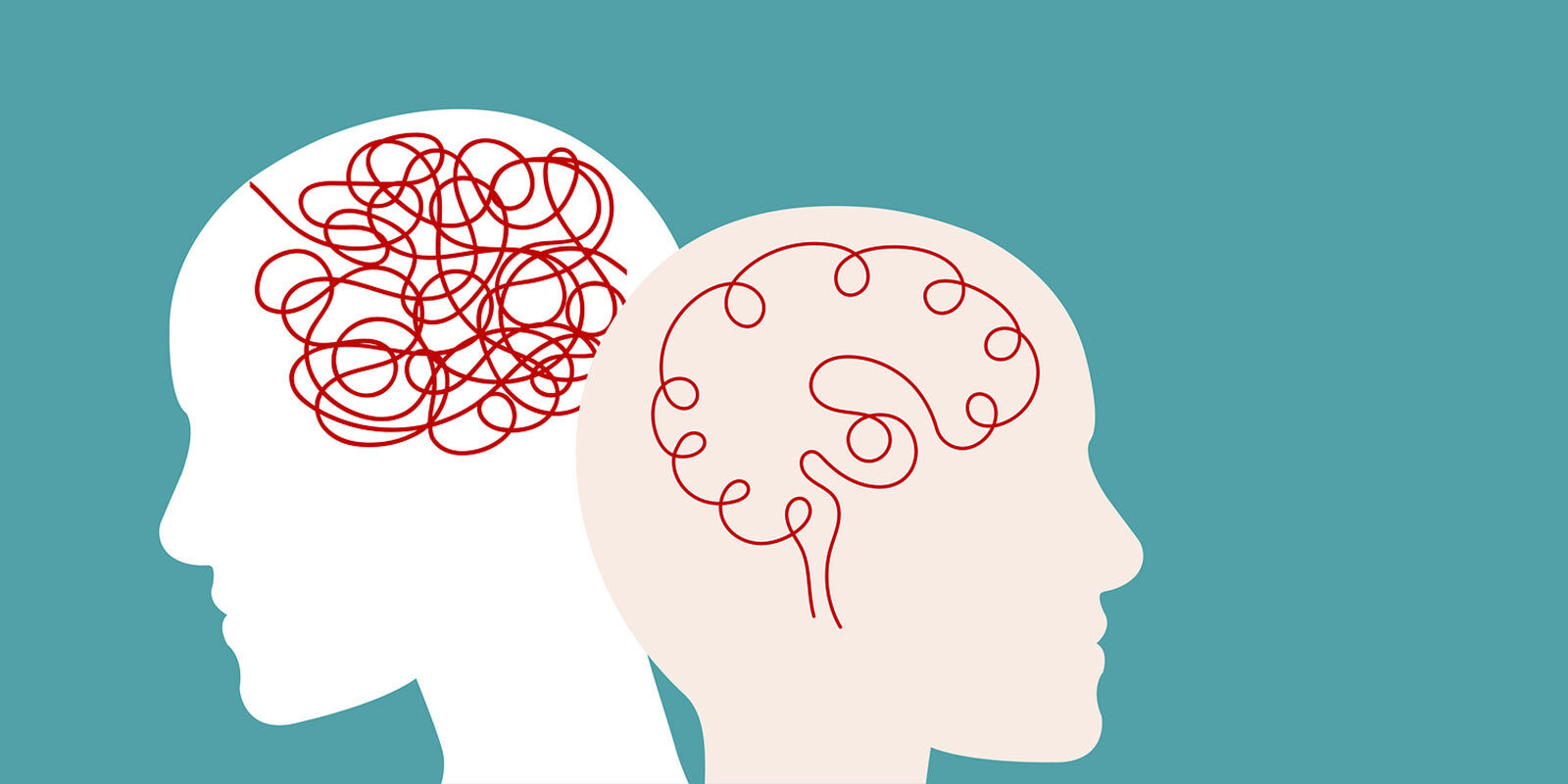By now, most of us are aware that mental illness is a serious issue in the United States. Nearly 50 million people experience it, and most of us likely have a friend or family member who is affected.
While it’s often easy to see the emotional cost of mental illness, the economic cost is more difficult to chart. A team of researchers that included Job Boerma, an assistant professor of economics and Richard E. Stockwell Fellow, recently released a study that, for the first time, integrates state-of-the-art economic modeling with psychiatric literature. The team found that mental illness costs the U.S. economy $282 billion annually, or 1.7% of aggregate consumption. That’s the equivalent of an economic recession.
“We wanted to get a better understanding of mental illness and quantify its economic costs,” says Boerma, who wrote the paper with Aleh Tsyvinski, a professor of economics at Yale University, and Boaz Abramson, an assistant professor at the Columbia Business School. “Mental illness is something that 20% of the population experiences at any given point in time. The fact that the costs of mental illness amount to a number as large as 1.7% of aggregate consumption for the U.S. population — that’s massive.”

The team’s estimate for the cost of mental illness is 30% higher than previous epidemiology studies that focused only on income loss related to mental illness and the cost of mental health treatment. Boerma’s team accounted for other relevant factors, including the fact that people with mental illness consume less and invest less in risky assets such as houses or stocks, and may choose less-demanding jobs.
The researchers constructed a model using U.S. economic microdata that analyzes individuals' mental health, consumption patterns, labor market choices and investment decisions. “What we have in our data is not only the consumption, the portfolio decisions and the labor supply, but also the measure of mental health,” says Boerma. “That means we can do a statistical analysis on the extent to which someone’s consumption varies with their mental health.”
One of the first things the researchers observed from parsing the data was that individuals experiencing mild or severe mental illness consume 3-7 % fewer goods and services. They also work fewer hours and tend to gear their financial savings toward safer rather than riskier assets like housing and equities.
Boerma and coauthors configured their research findings to address three widely discussed policy proposals, which are currently being forwarded by the Biden-Harris administration, to address the U.S. mental health crisis: increasing the availability of mental health services, lowering out-of-pocket costs to access it and targeting adolescents and young adults for increased mental health care. The group’s research suggests that only two of those policies are likely to be effective.
Starting early seems the strongest bet. The researchers estimated that providing mental health services to all adolescents and young adults experiencing mental illness could have a large societal benefit.
Expanding the availability of mental health services could also prove beneficial, according to the researchers. Addressing the shortage of care providers could have a benefit equal to 1.1% of aggregate consumption.
Somewhat unexpectedly, the researchers found that reducing out-of-pocket costs of accessing mental health services would have only a minimal economic effect. According to Boerma, many individuals who experience mental illness do not seek treatment because of the lack of availability of services. The social stigma attached to using mental health services, as well as the negative expectations those who suffer from mental illness often have towards its potential effectiveness, already impact the number of people who seek treatment. Lowering costs wouldn’t be enough to offset that.
“If you don’t affect those other factors, lowering the cost of care itself is not going to increase people’s propensity to take up treatment,” Boerma explains.
Boerma is hopeful that merging psychiatric and economic literature will give rise to a full-blown research agenda that could lead to more scientifically grounded policy recommendations. He’s excited to begin communicating his findings to legislators at the state and national level.
He also sees this collaboration as an example of a multi-disciplinary crossover in which an economic perspective might shed light on a thorny topic.
“Very exciting insights are always coming at the edges or the overlaps of different fields,” Boerma says. “It will be good for the field if we do this more.”
